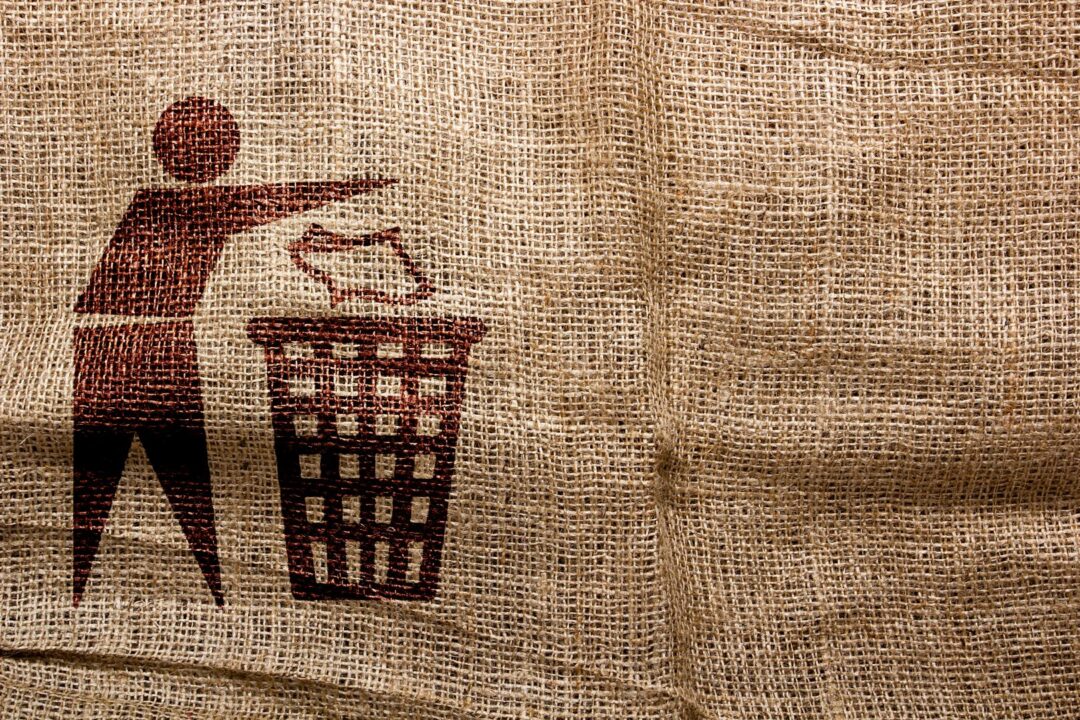When there is a good reason to destroy something, doing so is not prohibited. Here are a few examples. If the market is flooded with cheap fruit, it is permissible to destroy some of the crop, so it will be worth it to pick and sell the remaining fruit. Additionally, there is a custom to break a glass under the wedding canopy, to show our sorrow over the destruction of the Temple even during our happiest moments. Similarly, there is a mitzva for mourners to tear their clothes, to show their respect for the deceased and their sorrow at the loss. (However, even mourners may not tear too many items of clothing, because of the prohibition of wanton destruction.)
Someone who owns used clothing or used furniture may dispose of them and replace them with new items. This is permissible even if they could still be used, as people are not prisoners of their possessions, and are permitted to replace them. Nevertheless, if the items are still in decent condition, there is a mitzva to try to give them to people who can use them. If the recipients are poor, one can simultaneously fulfil the mitzva of tzedaka. If the time and trouble necessary to find people who can use the items exceeds their value, one is not required to do so, although it is still admirable.


















